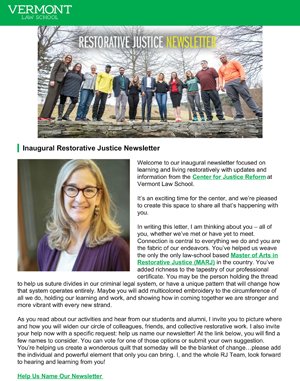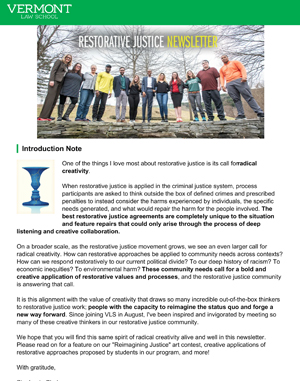FOR IMMEDIATE RELEASE—The Toxics Action Center is challenging a state decision allowing pesticide spraying in the Champlain Valley that threatens water resources and people’s health. The complaint alleges that the Vermont Department of Environmental Conservation allows a local insect district to spray pesticides without first following state requirements designed to protect public health and the environment.
The pesticides—malathion and permethrin—are harmful chemicals that have been used to control mosquitos but are also known to be harmful to public health, aquatic species, and the environment. Yet the Department of Environmental Conservation approved a plan in an insect control district that covers Brandon, Leicester, Salisbury, Goshen, Pittsford, and Proctor that prioritizes spraying toxic pesticides without first exhausting non-harmful alternatives. The law requires exhausting the non-harmful alternatives first in order to protect people and local waters.
Neighboring areas have developed successful programs to reduce mosquitos that do not include spraying chemical pesticides, and Toxics Action Center is calling on the DEC to force the District to consider safer alternatives instead, as is required by the law.
“It’s irresponsible to allow toxic pesticides to be sprayed near homes, rivers, and farms while safer options are available,” said Woody Little, Vermont Community Organizer at Toxics Action Center. “Before we endanger the health of the community, we should be trying every non-harmful alternative possible. It’s the law, and it’s just common sense.”
The permit allows spraying of pesticides from pick-up trucks on town roads, which pass homes, farms and waterways.
"As certified organic farmers and beekeepers, we’re responsible for keeping our young poultry, hives, and fruit trees pesticide-free,” said Toxics Action Center members and Leicester residents, Lesley Wright and Jim Ellefson. “The concern is that those of us who don’t want our children and critters exposed to these chemicals have no safe harbor, as the BLSG spray truck applications drift onto our gardens and contaminate our crops.”
"This spring I have been able to work in the woods by my house every day in shorts and tee shirt, and there have never been enough mosquitos to come close to justifying BLSG's regular use of adulticides," said ecologist Chris Fastie, a Toxics Action Center member and Salisbury resident. "We should not be unnecessarily endangering the public and environmental health of our community, when Lemon Fair's practices right next door show we don't have to."
The area affected by the spraying is also home to many threatened and endangered species.
“I'm an avid fisherman, and I know that these chemical pesticides harm our waters and our fish,” said Wally Bailey, a Toxics Action Center member and Salisbury resident. “You can imagine how hard it is to tell my grandson that we have to let that big one go because it is probably not safe to eat! I don't like that when he visits me, he's at risk."
Under the federal Clean Water Act and state law, insect control districts must comply with Vermont’s National Pollution Discharge Elimination System Pesticide General Permit for application of pesticides. An entity applying for a permit to spray pesticides is required to minimize the discharge of chemical pesticides and consider the impacts on water, insects and animals before using chemical pesticides.
Toxics Action Center worked to strengthen the permit for pesticide application in Vermont to protect public health and the environment by requiring that insect control districts minimize chemical pesticide use and consider the impacts on water, insects and animals before using them. But with the Department of Environmental Conservation’s recent decision, it seems that many of those hard-won protections have been ignored.
“The spraying authorized by the Department of Environmental Conservation violates state and federal laws designed to protect human health, water quality and endangered species,” said Mason Overstreet, an attorney and fellow at the Environmental & Natural Resources Law Clinic at Vermont Law School. “The law requires the District to use non-harmful alternatives whenever practical. Chemical pesticides should only be used as a last resort.”
Toxics Action Center works side-by-side with communities to prevent or clean up pollution in New England. Learn more at www.toxicsaction.org.
The Environmental & Natural Resources Law Clinic at Vermont Law School provides pro bono representation for individuals and organizations who could not otherwise afford legal services—ensuring that laws protecting health and the environment are properly interpreted, implemented, and enforced to prevent and abate environmental problems, and to restore natural resources for the benefit of this and future generations.
###


















